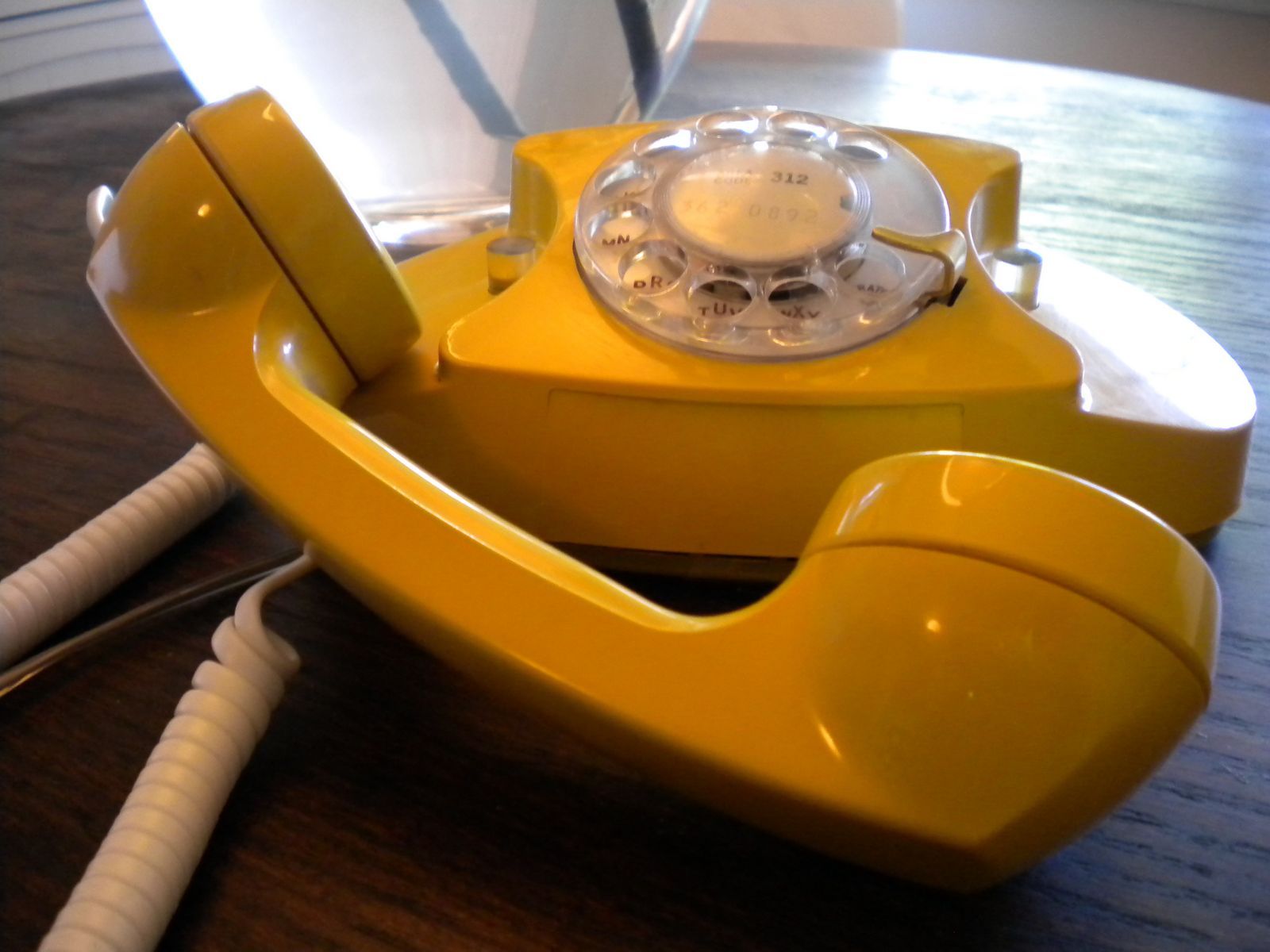"Call me!"
Recently, Boston ,
my son, left his bag in the backseat of his friend’s car. The bag contained
some most important items, his phone and ipad charger. When my husband called
him the night he left the chargers, I am told that Boston did not even say hi when he answered
the phone. No. The most important thing he needed to say upon answering the
phone was, “Dad, my phone’s on 1 percent!” He texted me with the same message
along with a desperate, “Call me!”
 There are several things that are really keen about this
situation. Would you agree? I mean, when did it matter so much to be in
constant contact with everyone? When you went to your friend’s house as a kid,
that was it. You were at your friend’s house and if your parents wanted to
reach you, they’d call that house. And, if you’re old enough, you remember when
the phone at your friend’s house did not need to be charged. Times have
changed. From analog to digital, our interactions and connections have become
brand new. And we rely on new things we never had to to keep this digital
experience happening.
There are several things that are really keen about this
situation. Would you agree? I mean, when did it matter so much to be in
constant contact with everyone? When you went to your friend’s house as a kid,
that was it. You were at your friend’s house and if your parents wanted to
reach you, they’d call that house. And, if you’re old enough, you remember when
the phone at your friend’s house did not need to be charged. Times have
changed. From analog to digital, our interactions and connections have become
brand new. And we rely on new things we never had to to keep this digital
experience happening.
Without his charger, my son would have to find someone else
with the same device and use theirs. But if that option did not exist for him,
he’d be cut off, our interaction shortened, at some point our digital communication, lost. What can we do when our batteries are low and no one else can
recharge us? This is the case for us. No one else can recharge our batteries.
They can help us, but they can not do it for us. Without your bag of chargers,
since your device varies from other’s, what can you do to remain connected?
The Practice of
Presence
Not having what you feel you need, turns the world upside
down. So to balance that, one should do the same. To see what is being offered
within our depleted moments is key. And, to see these offerings, one must turn
the table so that what is seen is not the "problem," but the answer. We do this
with presence.
Turning the table or going upside down is not always easy.
We want to call on our charges for help.
We want them to give us the new perspective that we need. Unless, we are
willing to do it ourselves, which is much more effective, because you know your
device and what it needs. You know the specifics. And if we tell ourselves that
we are not sure of these specifics, it is only because we are not listening.
That pain in your leg, the flutter in your belly, the extra weight you carry
around, or the repeated, obsessive thoughts, all, tell us where we are with
regard to our connectivity.
Once we can be present to acknowledge these feelings and
thoughts, we can do something about them for ourselves. With no guilt or shame,
we can then turn our “problem” into a solution. Within every moment there are
thousands of solutions. When we get present in our movements or in stillness,
we can find the one that works for us. If we continually call on someone else
to provide these moments of presence, we miss the chance to see what we are
capable of for ourselves.
There are a lot of ways to charge your battery. Many forms
of yoga allow this to happen. The practice of yoga, just like the practice of
going to church or temple, being in nature, or eating a healthy meal is how
people have charged themselves from the beginning of time. And further, Living Life, if you can live
within your presence, allows this to happen as well. You don’t have go anywhere
necessarily; you don’t have to have a special cord. That is the beauty of this.
Whether our light is dim or not, we are still light. And instead of running
from the “problem,” we can transmute it with acknowledgement.
Since Boston
did not have his chargers, he had to acknowledge that. Mom and dad chargers
were not coming to deliver. Being able to charge your own device means that in
that moment of acknowledgement all solutions become available. Then, within presence,
you can choose the best now-solution. More importantly, if Boston did not have the “problem,” there
would be no point in all the solutions being made known. Yet, now, all the ways
that he can charge his battery, without the help he normally relies on, are his to
own, unlike the cord that might be left again in the back of a friend’s car.
We all need these experiences. They are golden. They are not
always easy, but they are always golden when we connect to that which is our true
strength. Having these mucky experiences allows growth in the muck so that we
realize, if we turn the table or go upside down, the muck is not really muck at
all. And it is through these moments, that we come to know ourselves even more
abundantly, so we know what we can do to remain connected in the future.
Go well.


